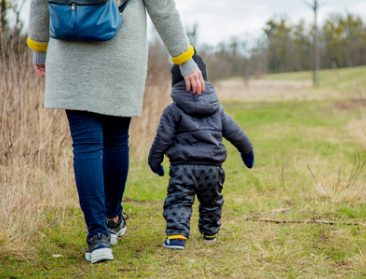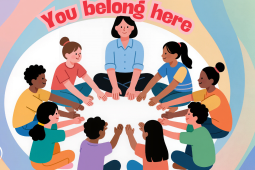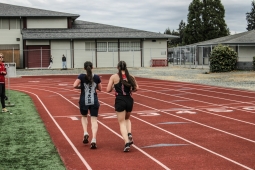Should we measure relationships in school like we measure literacy and numeracy?

Hundreds of years ago, the education system in Canada and the U.S. was defined as one that promoted the 3 R’s – reading, writing and ‘rithmetic. Many years later, the 3 R’s are still at the focus of our education system and school boards rely heavily on standardized test scores to indicate how schools are performing. However, these scores represent only one slice of the education system. Parents, students, and teachers are concerned about the extent to which their schools are safe and caring environments. With National Youth Violence Prevention Week occurring from March 19-23, I began reflecting on safety within our schools.
Without safety and security as a foundation, meaningful learning cannot occur.
Over a quarter century ago, researchers and teachers advocated for a 4th R – relationships (Jaffe, Crooks & Watson, 2009; Wolfe et al, 2009) This research argues that teaching about healthy relationships in the curriculum is an important foundation of public education and central to positive school climates. Lessons about healthy relationships have been integrated into health and physical education classes and other subject areas and are delivered by teachers to meet provincial curricular outcomes.
I will never forget the words of a student survivor from the 1999 mass shooting at Columbine High School in Littleton, Colorado. The student addressed an audience of teachers and students and said that their school ranked amongst the highest in statewide academic testing and had many championship sports teams, but would have failed any measure of healthy relationships. She shared how the school was full of racism, sexism and bullying - she felt that the education system was focused on the wrong measures of success. Those words always stuck with me and remind me of the importance of our efforts with the 4th R, relationships.
Although we have made advances in recognizing the important contribution of healthy relationships to positive school environments, we need to investigate the Canadian context broadly. More precisely, we need to measure and report on healthy relationships in Canadian schools and the extent to which our schools promote a caring environment. The next generation of researchers is encouraged to find ways to broaden this awareness and these programs to create better indicators of our progress and encourage the implementation of evidence-based programming in schools across the country.
These ideas gave birth to the 4thR-Curriculum which is now delivered in thousands of schools across Canada. The 4th R should be the first R – the most important indicator of success within our education system.
For more about the Fourth R, visit: http://www.youthrelationships.org
Peter Jaffe, Ph.D.
Professor, Faculty of Education
Western University
References
Jaffe, P. G., Crooks, C. V. et Watson, C. L. (2009). Creating safe school environments: From small steps to sustainable change. London, ON: Althouse Press.
Wolfe, D. A., Crooks, C., Jaffe, P., Chiodo, D., Hughes, R., Ellis, W. et& Donner, A. (2009). A school-based program to prevent adolescent dating violence: A cluster randomized trial. Archives of pediatrics & adolescent medicine, 163(8), 692-699.








